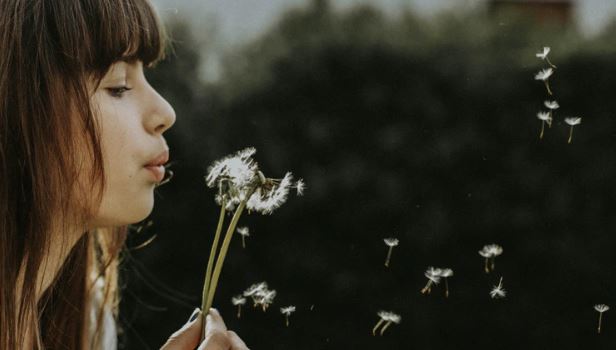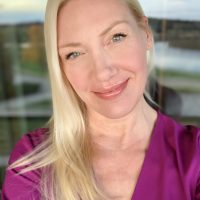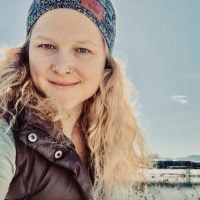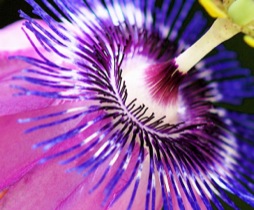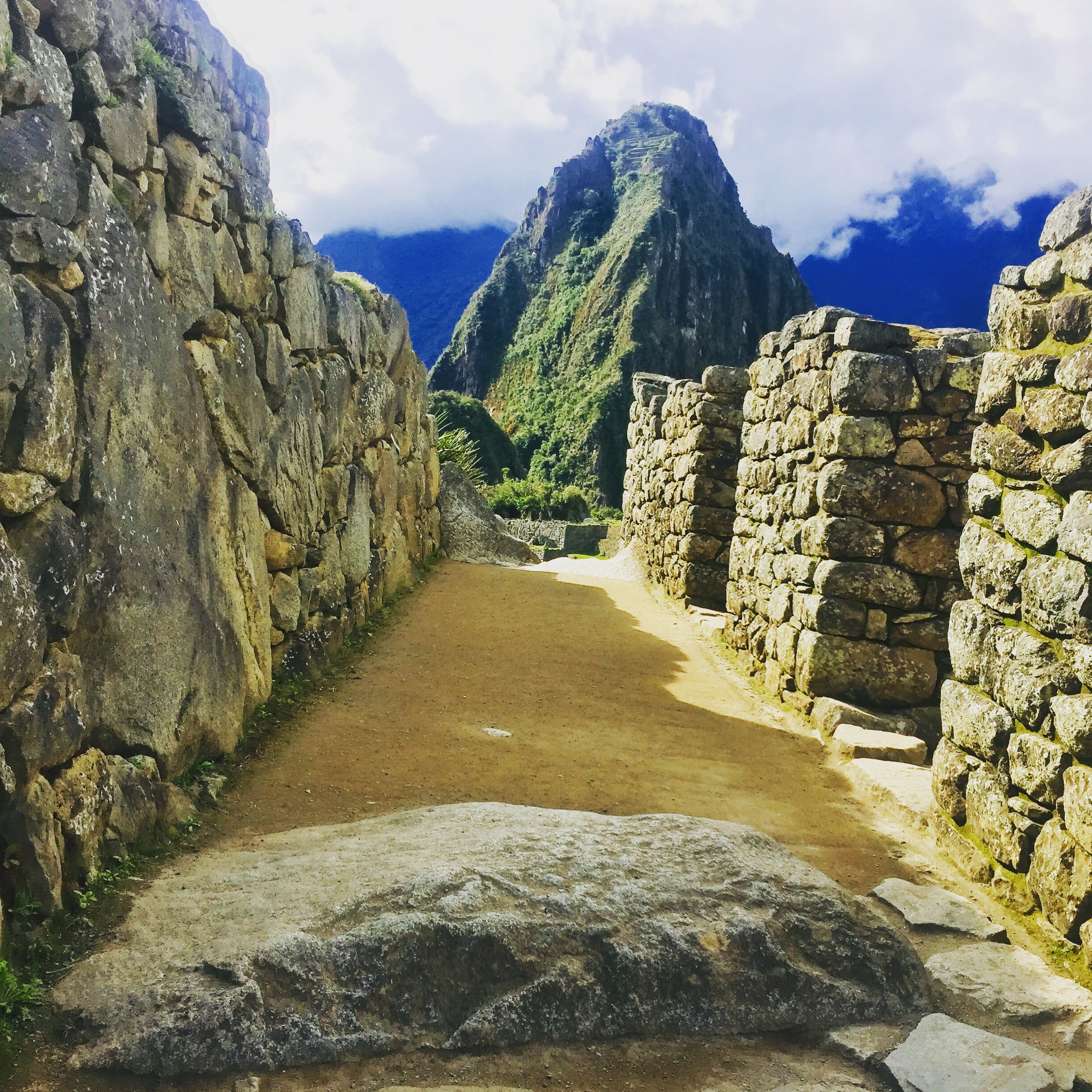
One word stands out more than most other words these days in the spiritual, self-seeking enlightenment community:
To most and some unfamiliar, it goes a bit like this:
She is a Mother Spirit. A vine. A plant. A healer. A tough lesson. A sick night. A purging cleanse. A new start. A fresh slate. The Alpha Medicine. All-Things-Healer. Whatever you have, she will show you the way to heal.
I feel as though I need to establish my respect for this teacher plant here (as if she could hear me utter these words). Alright, alright, so maybe that’s the paranoia in me in the sacred medicine community I found myself in. Let’s get one thing straight: I have the utmost respect for her medicine, her teachings, and her beautiful visions and realizations.
Ayahuasca came to me at a point in my healing journey when I felt as though the experience in and of itself (i.e. traveling to the jungles of Peru for seven days, three weeks total travel in Peru) would expand my little, but confining safety bubble.
I was not new to plant medicine as a whole. I participated in a plant medicine community for about one year, each month attending ceremonies that broke me back down to feeling and processing years of unresolved pain. Plant medicine became a vital tool to my then stagnant growth and cyclical addiction of
bulimia and disordered eating patterns.
Plant medicine brought me back to feeling pain other types of therapy hadn’t even gotten close to scratching the surface. But, it was in community and relationship that the healing was amplified.
As most of us are wounded in relationship, so do we heal in relationship.
Two years later, I am a recovered bulimic, continuing my present recovery from exercise addiction and body shame, dysmorphia, disembodiment, and altogether body rejection.
Eight months ago, when I went to Peru, I went for the lived experience. Of medicine. Travel. Friendship. And anything and everything outside of the predictable routine.
Trauma makes us clutch to what makes us feel safe. At points along the journey, these tools are necessary to survive. Whether that be food, alcohol, drugs, sex, relationships, and so on.
Until they are no longer safe. No longer self-protecting, but self-harming.
Bulimia did that for me for nearly 10 years. And exercise, for much longer.
Ayahuasca didn’t heal me though. I healed—and I am healing—me. I say this in the most humbling way possible. Plant medicine was a tool. A resource for me to connect deeper. To show me how to feel again.
And also to show me that the medicine is already in me.
In my heart. In my Spirit. In my daily choices since I stepped away from the self-harming title I wore. In my daily habits. That sure, maybe still cycle back to obsession, but have ceased to create my identity as a sufferer.
I am a healer. We are all healers. Whether in the grips of suffering or coming out the other side.
Healing happens from the inside out, but sometimes the outside in. Or, maybe both at the same time.
It was the perfect storm for me to heal from bulimia. Entering a new field of bodywork, a newly licensed massage therapist. A move to a “big” city, out of my hometown. A new home. A new community network. A whole bunch of newness to shake me from the sturdy foundation that I had been building.
Self-empowerment came when I stepped into my career as a “healer.” A woman ready to hold space for herself. And, in that, create more healing space for others.
So, no, Ayahuasca didn’t heal me. She showed me in one week that I had come with the medicine I needed: Love. And would be leaving with this same medicine.
Love is a choice. It is our birthright, but it does not mean we sometimes choose otherwise.
The medicine exists in the love we give ourselves and our world. Most of us still don’t fill our own cup. We seek to be filled by another. By money, status, or the worldly desire to feel whole.
I am here to remind you that nothing outside of you will heal you. Not even a spiritual plant. We can access healing in certain modalities, all the while knowing healing is coming from within.
We came here to heal. That is our mission. And, love, as I have searched the edges of the earth for anything else, is the only way.
The Medicine is Love.
Love is the Medicine.
You are the Medicine.
~

